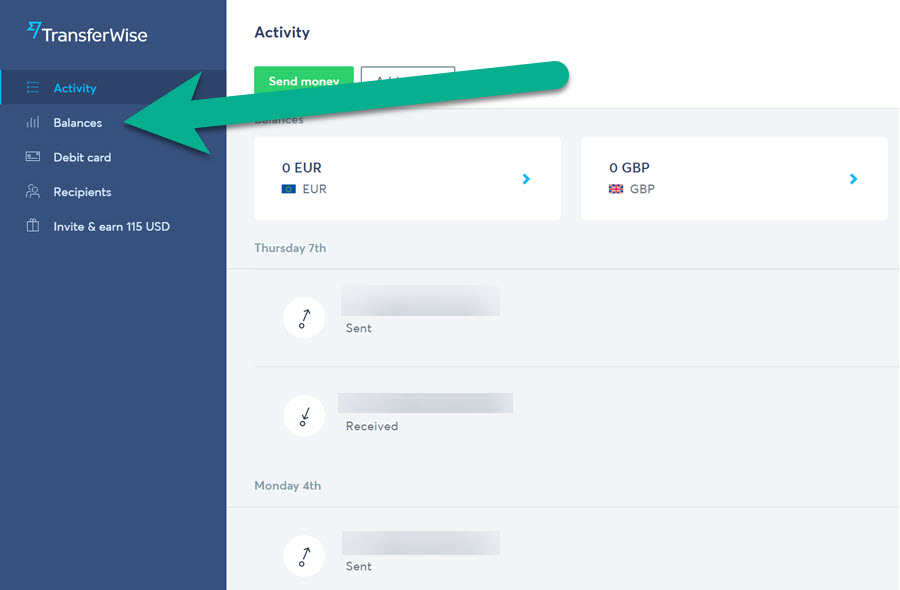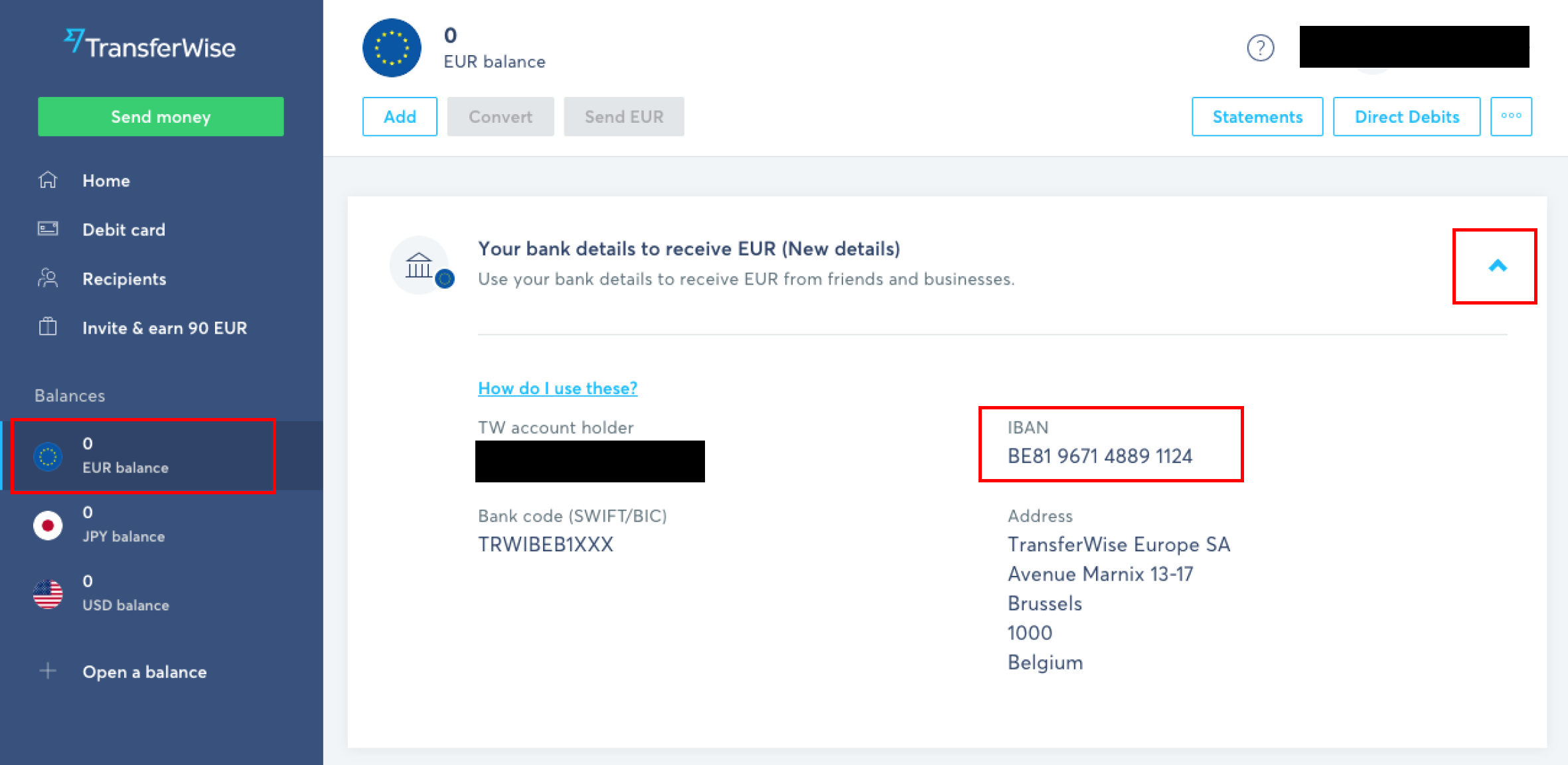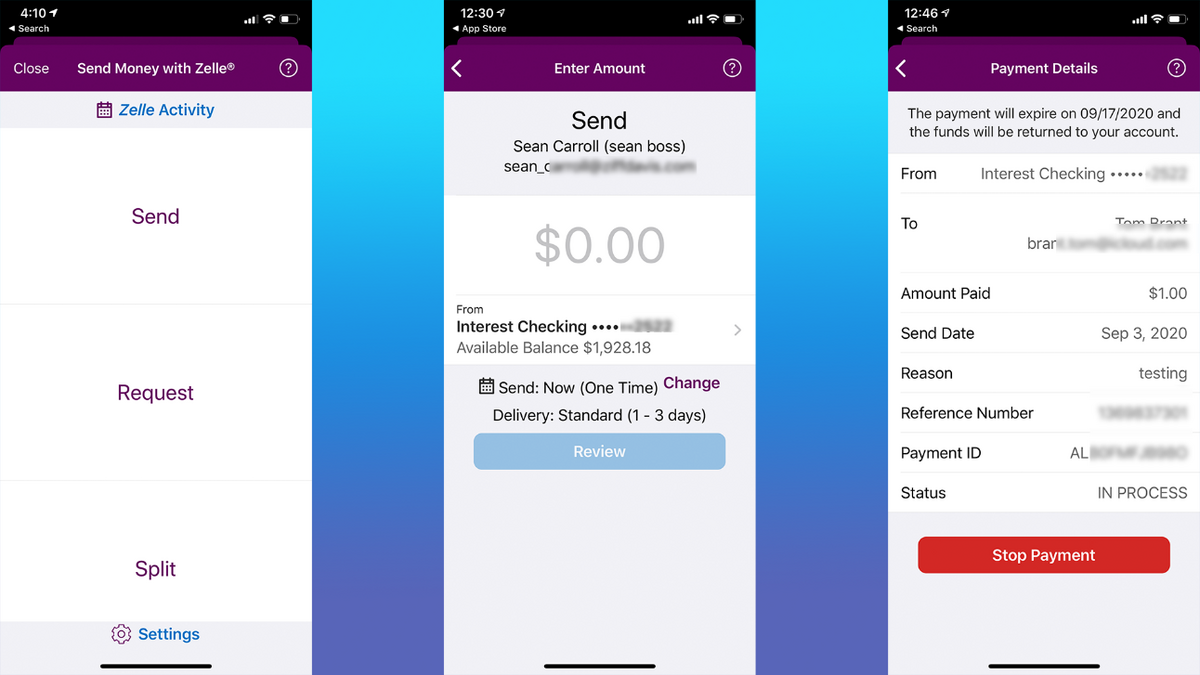Why Buying a Verified Wise Account is the Smart Choice for 2024!
Wise, formerly known as TransferWise, is a popular choice for international money transfers and transactions. One key factor in optimizing your financial game in 2024 is having a verified Wise account. This blog will guide you on why and how to buy a verified Wise account for a smarter financial future.
When it comes to international money transfers, having a verified Wise account can make all the difference. By ensuring the legitimacy of your account, you can enjoy enhanced security, faster transactions, and competitive exchange rates. Let’s delve into the process of acquiring a verified Wise account and why it’s a smart choice for 2024.
Researching Verified Wise Accounts
Before making a purchase, it’s crucial to research the different types of Wise accounts available and their features. Whether you need a personal or business account, understanding the offerings will help you make an informed decision. Additionally, looking for reputable sellers of verified Wise accounts and reading reviews from previous buyers can provide valuable insights.

Factors to Consider Before Buying
When considering purchasing a verified Wise account, there are several factors to keep in mind. Check the account limits, fees, and currency exchange rates associated with the account to ensure they align with your needs. Verify the seller’s reputation and customer service track record to guarantee a smooth transaction. Security measures for the verified Wise account should also be assessed to safeguard your funds.
Purchasing a Verified Wise Account
Once you’ve done your research and weighed the factors, it’s time to reach out to the seller for a verified Wise account. Inquire about the availability of verified accounts and negotiate the price and terms of the transaction. Be vigilant in confirming the legitimacy of the account and ensure a secure purchase process to protect your financial information.

Setting Up and Using the Verified Wise Account
After purchasing a verified Wise account, you’ll receive the login credentials and verification details. Use this information to log in and verify the account details. With a verified Wise account, you can confidently engage in international money transfers and transactions, knowing that your transactions are secure and efficient.

Conclusion
Optimizing your financial game in 2024 involves making strategic choices, and having a verified Wise account is a wise investment. By following the outlined steps, you can acquire a verified Wise account and leverage its benefits for seamless international transactions. Remember to prioritize security and stay informed to make the most of your financial endeavors in the coming year.






 C. Introduce the concept of cheap SMM panels as a cost-effective solution
C. Introduce the concept of cheap SMM panels as a cost-effective solution B. Analyze the strategies implemented and the results obtained
B. Analyze the strategies implemented and the results obtained






















